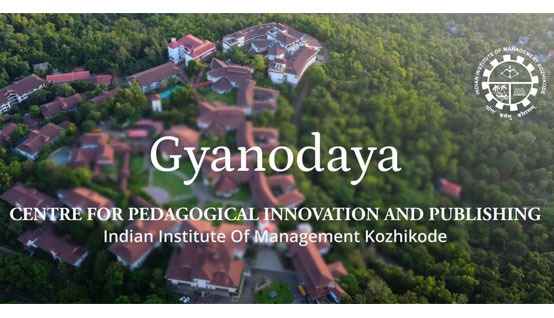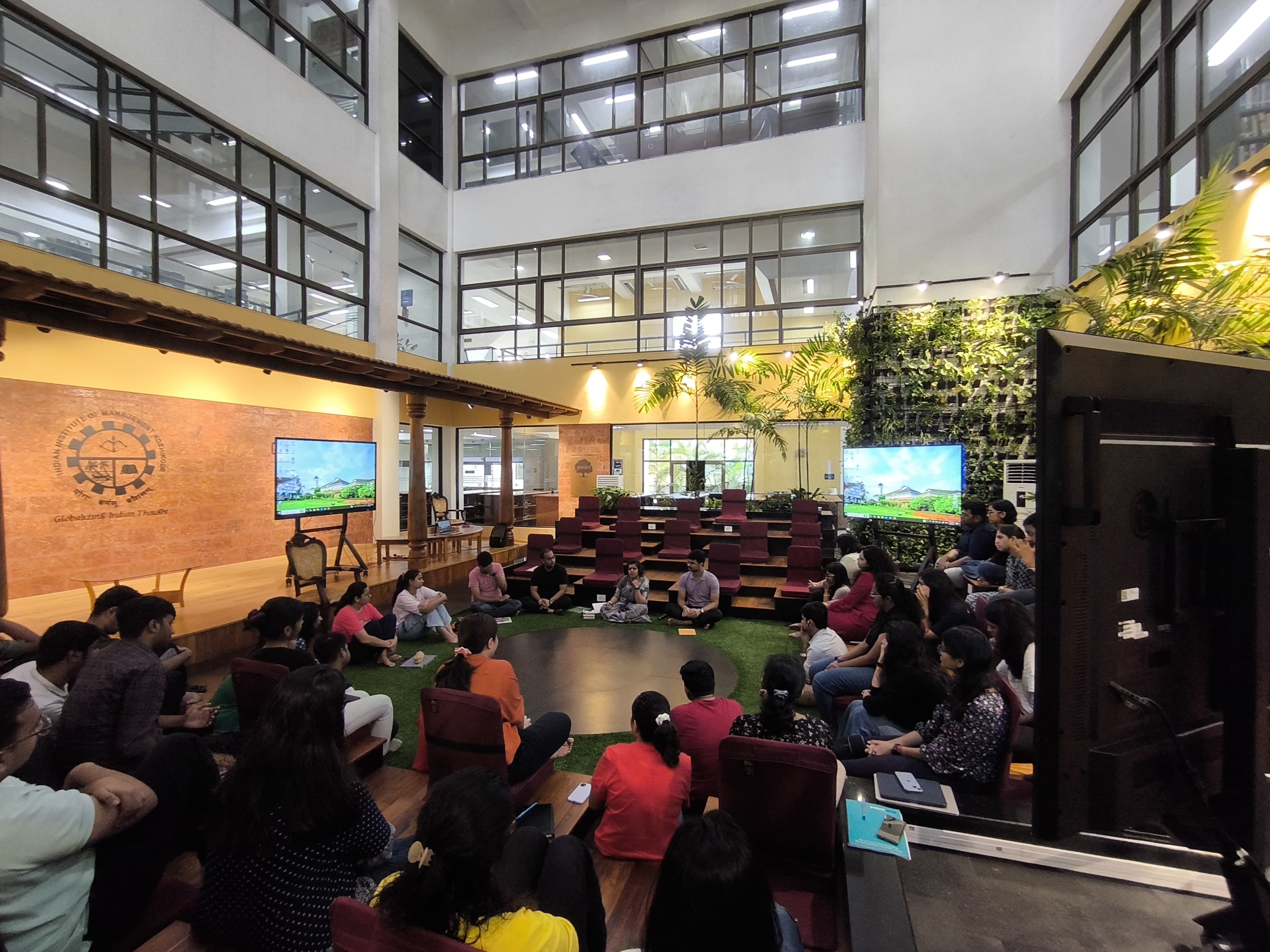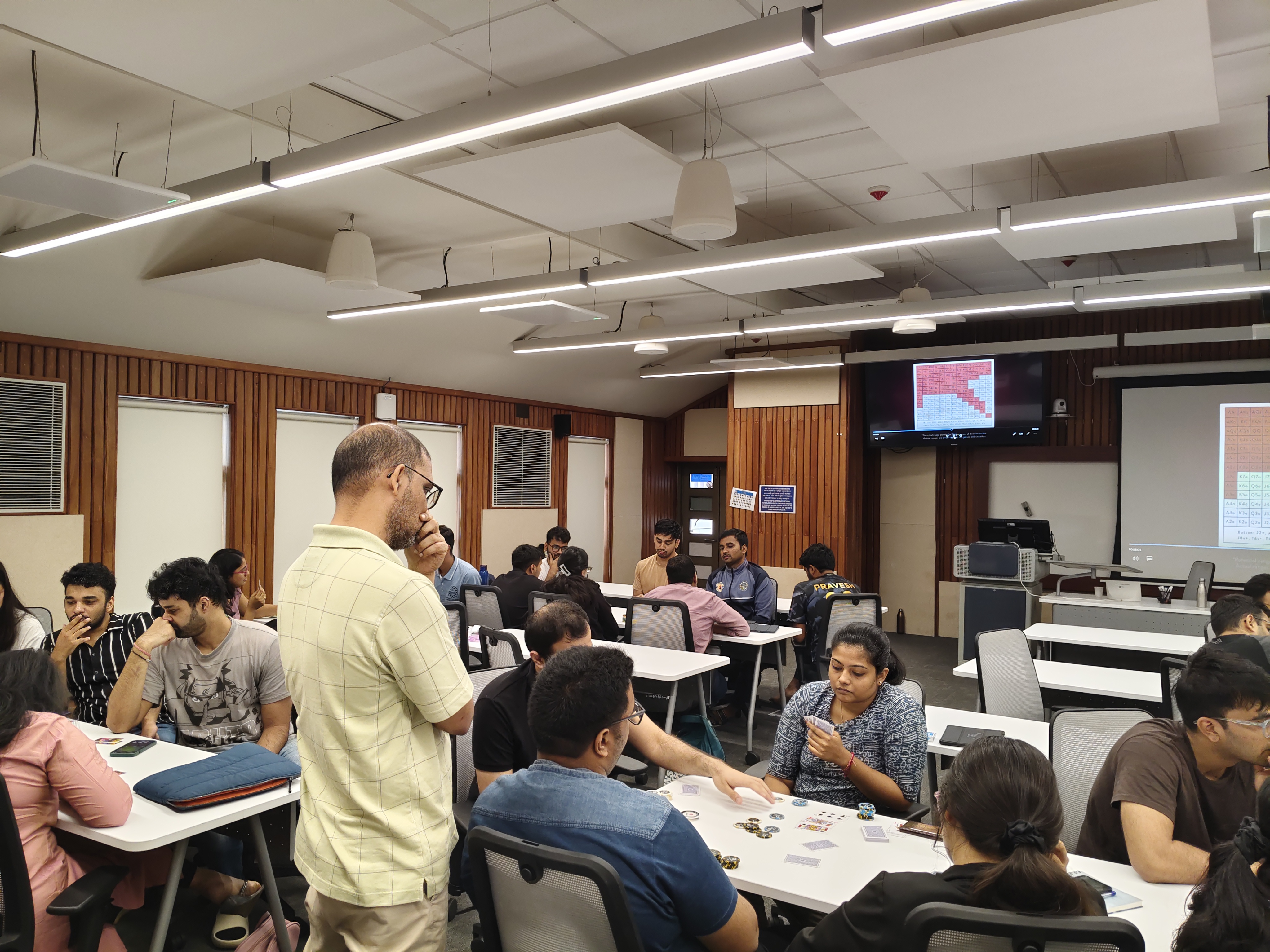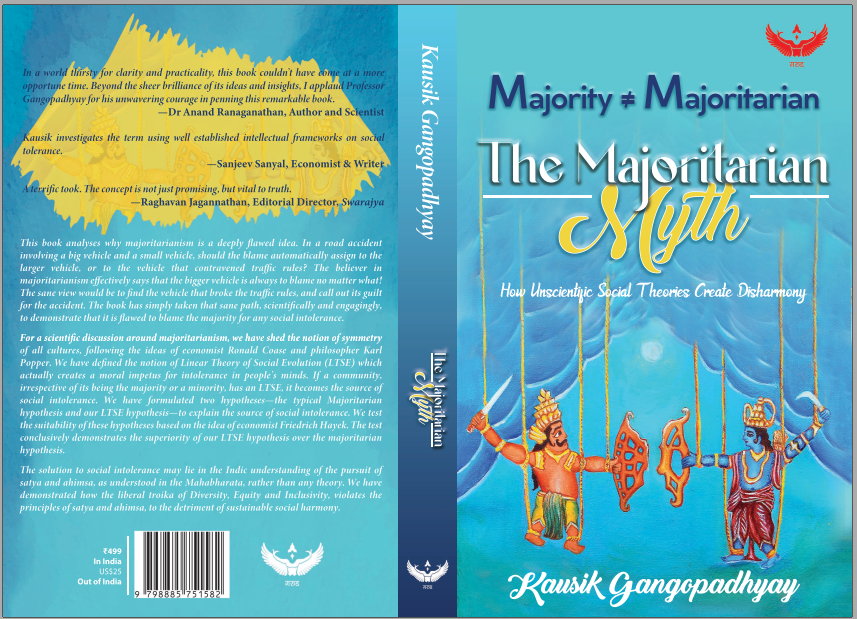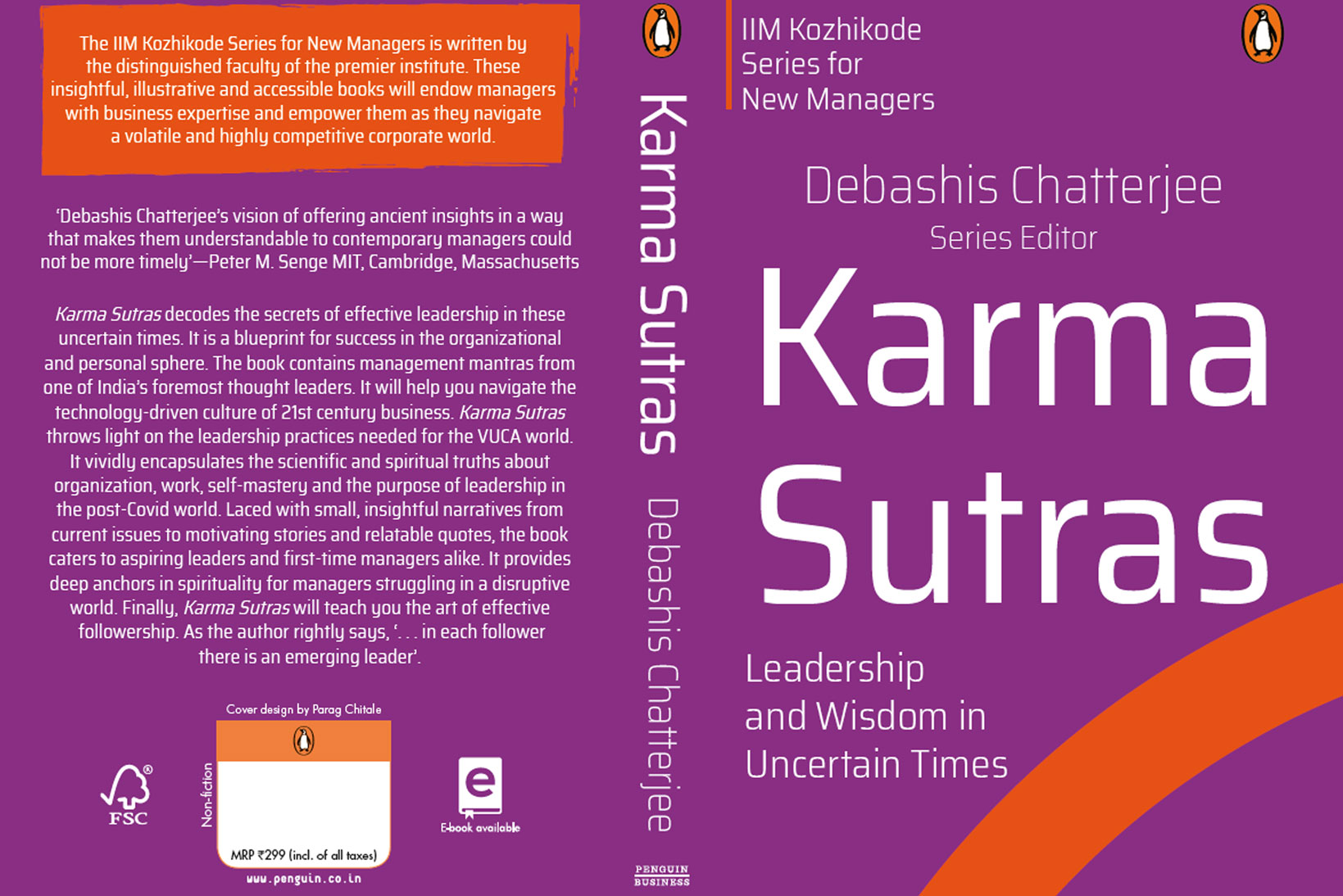
Recent Cases
About Us
About Gyanodaya - the Centre for Pedagogical Innovation and Publishing.
IIM Kozhikode's management education program is evolving with technology to motivate students and enhance real-world learning. The Institute emphasizes redefining the instructor’s role in making education engaging, focusing on Indian business perspectives.
Through Gyanodaya — the Centre for Pedagogical Innovation and Publishing—IIMK supports educators by developing advanced materials like case studies and simulations and fosters collaboration with leading institutions to advance pedagogy, learning, and education.
Redefining Learning
IIMK aims to reshape management education by enhancing instructor roles, making content engaging, and applying theories to real-world business challenges, focusing on Indian business perspectives.
Empowering Education
With a commitment to socially conscious and innovative learning, IIMK's faculty actively contribute through teaching, consulting, and research, enriching the academic environment.
Gyanodaya Initiative
The new Centre for Pedagogical Innovation and Publishing will develop cutting-edge teaching materials, case studies, and simulations, fostering collaboration and advancing pedagogical practices
Objectives
Our objectives shape the path to the success of Gyanodaya.
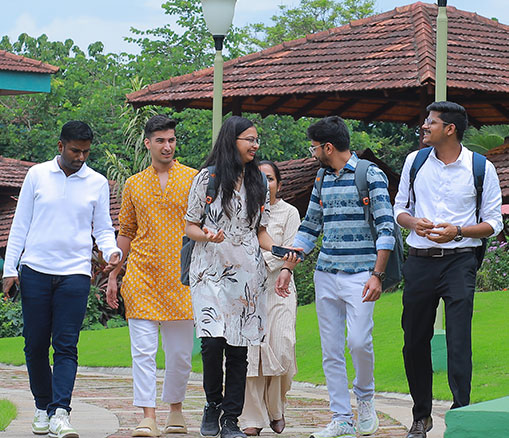
Gyanodaya is driven by clear objectives that guide our efforts and help us achieve our mission.
- Develop and inspire a world-class sustainable ecosystem for the creation and dissemination of innovative pedagogical content and processes.
- Foster the development, publication, and selling of case studies, simulations, books, research notes, and monographs.
- The Centre would facilitate IIMK faculties and researchers to collaborate with leading institutions globally to innovate and advance the fields of pedagogy, learning, and education.
- Create a repository of high-quality cases and teaching notes that can be used by our faculty and faculty of other business schools, to enrich the learning experience and educator’s effectiveness
- Supporting educators in integrating case-based teaching methodologies into their curriculum.
PEDAGOGICAL INNOVATIONS
Innovative teaching with fresh perspectives
Innovative teaching lies at the core of a dynamic learning experience. At IIMK, our faculty continuously explore new ways to enrich student engagement and foster deeper understanding. This section highlights various pedagogical techniques—from experiential and case-based learning to digital and interactive approaches—developed by IIMK Faculties. These methods demonstrate a commitment to pushing the boundaries of traditional education, fostering critical thinking and preparing students to tackle modern challenges with fresh perspectives.
INDIAN THOUGHT AND PRACTICES
Indian Thought to address modern challenges
Indian thought and practices encompass a vast array of philosophies, values, and approaches. These have shaped the country's cultural, spiritual, and intellectual foundations.
This section brings together the scholarly publications of IIMK faculty, focusing on the rich heritage of Indian philosophies and practices. It includes books, journal articles, case studies,
and more, offering a deep exploration of Indian wisdom in management, leadership, and culture. Through these works, we aim to highlight how traditional
Indian insights can be applied to address modern challenges and inspire innovative thinking.

Explore our detailed review process, designed to maintain the highest standards of quality and precision.
Review ProcessFrequently Asked Questions
FAQs by our authors regarding our review process
Do I need the consent of the organization I am writing about?
If your case is a library case (entirely based on published information) you do not need a permission from the company. However, you must provide citations as per APA style of all facts/data/ objective claims (e.g. any data-related claims, verbatim statements etc.) provided in the case. For reproducing a copyrighted table/figure/chart/graphs, you must collect written permission as per the Gyanodaya prescribed format. Else, you may substantially modify them while using. In such occasion, you still need to cite the original document
If your case is a field-researched case, we require a consent as per the Gyanodaya prescribed format from the subject organization on their letterhead or with the company seal.
Do I need to cite sources?
Yes! Sources of all the secondary data used should be mentioned, please use footnotes or endnotes for source citations so that the texts are referenced at appropriate places
Which all documents should I submit?
1) Title page document (with authors details)
2) Case study document (anonymous)
3) Teaching note document (anonymous)
4) Consent document (in case of primary study)
5) Supplementary document, if any
Please omit names of the authors from the case and teaching note documents as we sent them for blind review.
Why are there so many stages in the process?
To reduce the author’s waiting time and increase the chance of final acceptance of the case studies while ensuring high-quality, pedagogically sound, and impactful case studies
Executive Team
Introducing our skilled team, focused on bringing our vision to life with precision and dedication.
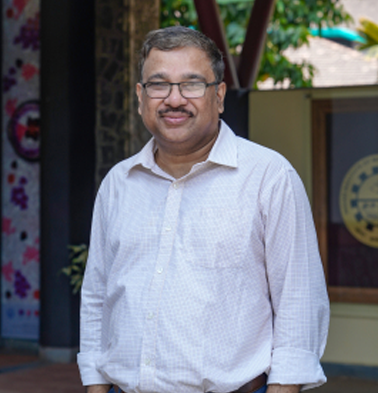
Dr. Atanu Adhikari
Professor of Marketing at IIM Kozhikode.
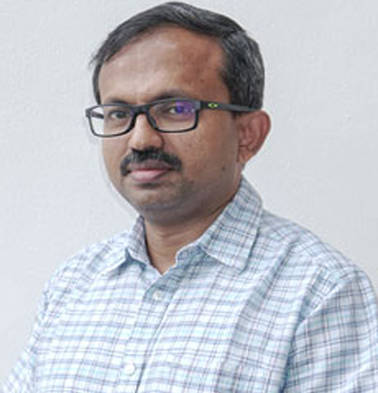
Dr. Jijo Lukose PJ
Professor of Finance, Accounting & Control at IIM Kozhikode.

Dr. Rajeshwari C
Professor Organizational Behaviour and Human Resources Area at IIM Kozhikode.

Dr. Shovan Chowdhary
Professor Quantitative Methods and Operations Management Area at IIM Kozhikode.

